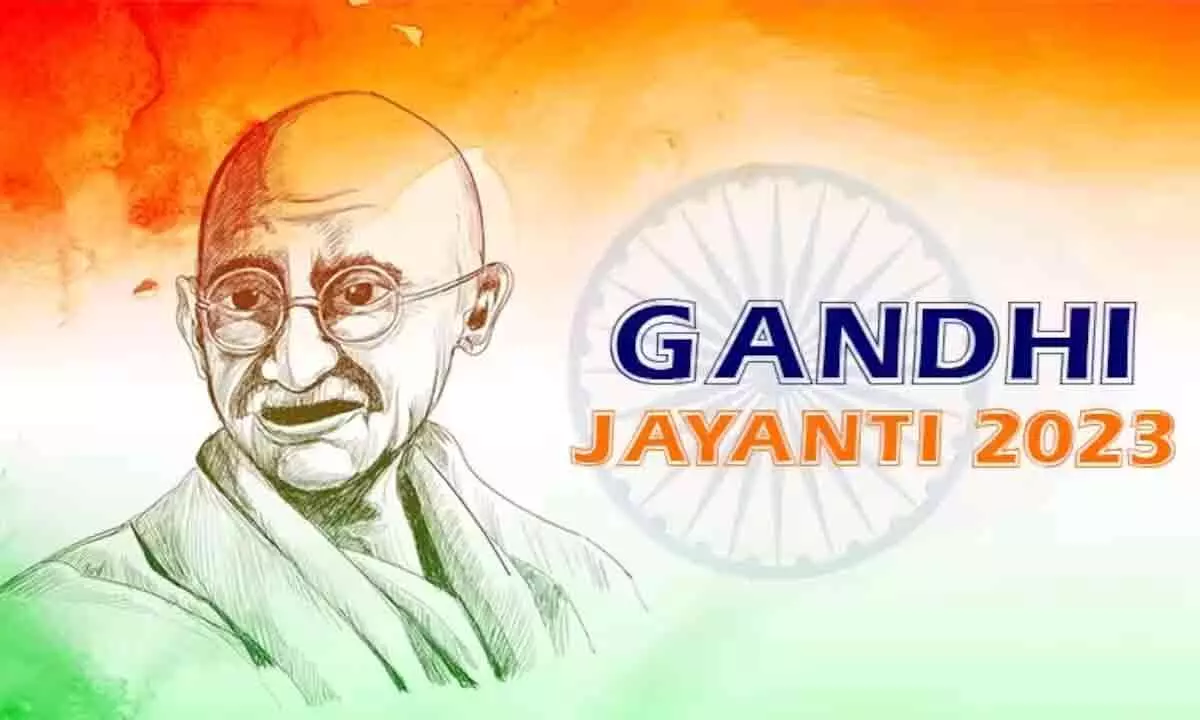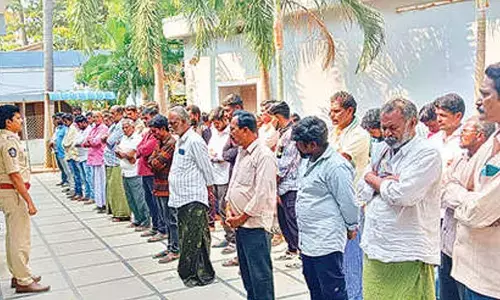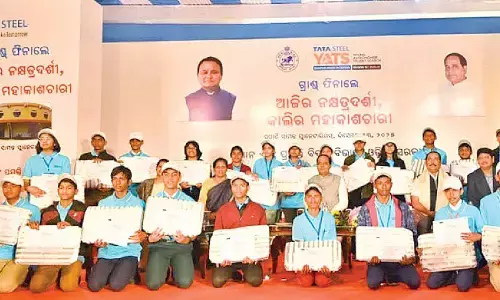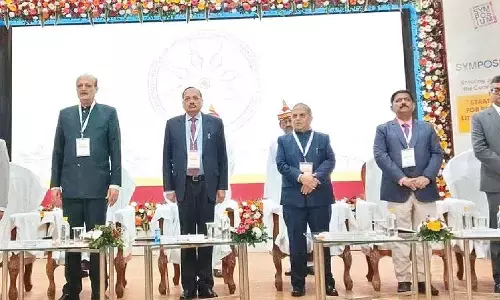Gandhi Jayanti 2023: History, Significance, and 5 Must-Read Books on Mahatma Gandhi, Non-Violence

Gandhi Jayanti, celebrated every year on October 2 to commemorate the birth anniversary of Mahatma Gandhi, is also celebrated as the International Day of Non-Violence.
Gandhi Jayanti, celebrated every year on October 2 to commemorate the birth anniversary of Mahatma Gandhi, is also celebrated as the International Day of Non-Violence. The day pays tribute to Gandhi's lasting impact on global movements for peace and justice, while promoting the universal relevance of nonviolence as a means to resolve conflicts and promote human rights.
Mahatma Gandhi, fondly known as the Father of the Indian Nation, was a prominent leader in India’s struggle for independence. He is renowned for his philosophy of non-violence (ahimsa) and civil disobedience as a means to achieve social and political change.
UNITED NATIONS DECLARATION
In 2007, the United Nations General Assembly adopted a resolution to establish October 2 as the International Day of Non-Violence. This decision was a tribute to Gandhian principles and the enduring relevance of nonviolence in promoting peace and tolerance.
GANDHI JAYANTI 2023: HISTORY AND MEANING
Gandhi's life and work serve as testimony to the transformative power of nonviolence. His leadership of the Indian independence movement, characterized by nonviolent protests, marches and fasts, inspired civil rights and freedom movements around the world. The day highlights the continued relevance of Gandhi's principles in today's world.
It encourages individuals and nations to adopt non-violent means to resolve conflicts, defend human rights and promote social justice. Celebrating this day underscores the belief that nonviolence is a powerful tool to bring about positive change, foster understanding, and build a more peaceful world.
5 BOOKS ABOUT MAHATMA GANDHI
AN AUTOBIOGRAPHY: THE STORY OF MY EXPERIMENTS WITH THE TRUTH
The book titled An Autobiography: The Story of My Experiments with Truth, published in 1927, is considered a good source to delve into the mind of the Mahatma. He has written about his life from childhood until the year 1921. He has also given details of his experiments with diet and the effects of it.
HIND SWARAJ OR INDIAN HOUSE RULE
Another book that you should know more about by Mahatma Gandhi is Hind Swaraj or Indian Home Rule, which was also written by the Mahatma himself in 1909. Considered a seditious text by the then British government, the book was banned in 1910. In this book, He has written about his views on topics like swaraj (self-government), modern civilization and mechanization.
THE LIFE OF MAHATMA GANDHI
Published in 1950, The Life of Mahatma Gandhi by Louis Fischer offers the details of Gandhi's life and how he continues to inspire millions of people around the world. The American journalist who has seen Gandhi up close talks about the latter's fight for India's freedom and the concept of satyagrah.
GANDHI: PRISONER OF HOPE
Gandhi: Prisoner of Hope by Judith Brown was published in 1989. The book presents a new image of the freedom fighter as a complex man. The image portrayed is neither that of the stereotypical saint nor that of an intelligent politician.
GANDHI BEFORE INDIA
Gandhi Before India by historian Ramachandra Guha is considered another great book that talks about the life and times of Gandhi. Published on the anniversary of his birth in 2013, the book explores his journey as a lawyer in South Africa, where he witnessed the discrimination and racism faced by people from communities of colour.




















